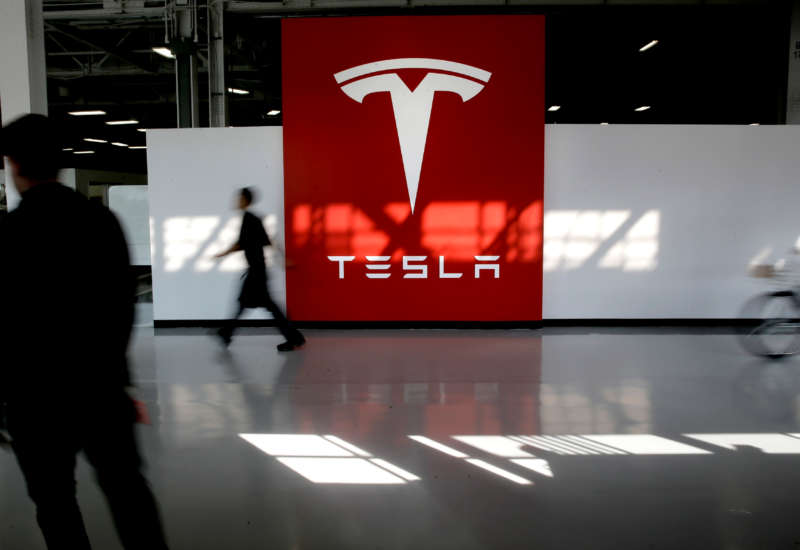The California Department of Fair Employment and Housing is suing auto manufacturer Tesla in light of reports from Black employees at the company’s California manufacturing plant that they have faced rampant racism at work.
According to the lawsuit, Tesla has segregated the manufacturing floor, relegating Black workers to areas that employees call “porch monkey stations,” “the slave ship,” and “the plantation.” Black workers are continually denied promotions and training, and are the only workers who have had to do work like scrubbing floors on their hands and knees, the suit says.
Fellow workers often hurl racial slurs at Black employees, and managers say the n-word constantly, the lawsuit claims. At least one worker has reported hearing racial slurs as often as 50 to 100 times a day, according to the filing.
Even in the bathroom, Black workers face racism, the lawsuit alleges. Racist graffiti like “hang [n-word],” “all monkeys work outside,” swastikas and KKK symbols have been carved into the walls, where they allegedly remained for months before the company finally cleaned them up.
“These numerous complaints by Black and/or African American workers about racial harassment, racial discrimination, and retaliation lodged over a span of almost a decade have been futile,” the lawsuit reads. “Tesla has continued to deflect and evade responsibility. While it claims to not tolerate racial harassment or discrimination at its factories, Tesla’s investigations of complaints are not compliant with law.”
The agency’s director, Kevin Kish, told the Los Angeles Times that this is the largest racial discrimination lawsuit ever brought by the state. The agency has been investigating the company for three years.
The company has responded to the lawsuit by saying that the allegations happened only over the course of a few years and that the agency has investigated and dismissed discrimination cases at the company before – a claim that the agency has denied. Tesla has also said that it plans on requesting a pause in the case.
The agency said in its lawsuit that the discrimination started as early as 2012, only a year after the plant opened, and still continues today.
Tesla CEO Elon Musk is allegedly aware of these issues, but has been dismissive of them. In an email sent to workers in 2017, The New York Times found that Musk warned workers against “being a huge jerk” to “less represented” workers, but emphasized that the workers facing abuse should be forgiving.
“[I]f someone is a jerk to you, but sincerely apologizes, it is important to be thick-skinned and accept that apology,” Musk reportedly wrote.
None of the company’s executives are Black, according to the lawsuit. Instead, while Black people are overrepresented in the company’s contracted workforce, they are “severely under-represented” as managers, senior officials and other higher paying, more influential roles.
When workers speak up about facing racism and harassment, they are often subject to “retaliatory harassment, undesirable assignments, and/or termination, especially since [Tesla’s] human resource personnel charged with addressing the complaints were allegedly close to the harassers,” according to the lawsuit.
An anonymous Tesla worker told More Perfect Union last year that they faced repeated harassment from a coworker, who announced in front of a production line of 50 workers that she was going to beat them up in the parking lot; later on, the human resources department told the worker that they were at fault for the incident.
The department didn’t investigate the alleged harassment, the worker said – and when the department asked the majority-white witnesses what had happened, white employees sided with the alleged harasser.


